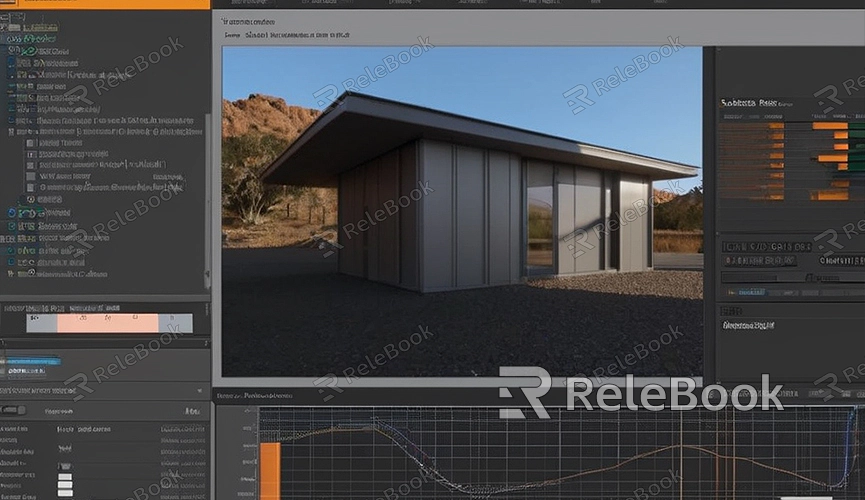How Long Does Blender Take to Render?
Many Blender users are curious about rendering time because it affects project progress and efficiency. In this article, we'll discuss the time required for Blender rendering, factors influencing rendering time, and provide some tips to speed up rendering.
Factors Affecting Rendering Time
1. Scene Complexity: Rendering time is directly related to the complexity of the scene. If the scene contains many objects, high-resolution textures, and complex lighting effects, rendering time will increase accordingly.
2. Rendering Engine: Different rendering engines have different impacts on rendering time. For example, the Cycles rendering engine usually takes longer compared to the Eevee rendering engine because it prioritizes rendering quality and realism.

3. Hardware Performance: Rendering time also depends on your computer's hardware performance. The speed of CPU and GPU, memory size, and hard disk read/write speed all affect rendering time.
4. Rendering Settings: Parameters in rendering settings also affect rendering time. For example, rendering resolution, sampling rate, lighting effects, etc., all influence the length of rendering time.
How to Accelerate Rendering?
1. Simplify the Scene: If rendering time is too long, try simplifying the scene by reducing the number and complexity of objects, lowering texture resolution, or turning off unnecessary lights and effects.
2. Optimize Rendering Settings: Adjust parameters in rendering settings, such as reducing rendering resolution, lowering sampling rate, disabling shadow effects, etc., to effectively reduce rendering time.
3. Use Render Farms: If your computer's performance is limited, consider using render farms to speed up rendering. A render farm is an online rendering service that distributes rendering tasks to multiple computers for parallel processing, thereby improving rendering efficiency.
4. Upgrade Hardware: If you frequently need to perform large rendering tasks, consider upgrading computer hardware, such as faster CPU, more powerful GPU, larger memory, etc., which can significantly reduce rendering time.
The specific rendering time varies depending on scene complexity and hardware performance. Simple scenes may only take a few minutes to a dozen minutes, while complex scenes may take several hours or even days to complete rendering.
Blender rendering time depends on various factors, including scene complexity, rendering engine, hardware performance, and rendering settings. By optimizing scenes and rendering settings and considering hardware upgrades or using render farms, you can effectively speed up the rendering process and improve work efficiency. If you need high-quality 3D textures and HDRI or 3D model downloads while creating models and virtual scenes, you can download them from Relebook and directly import textures and 3D models into your project for use.

